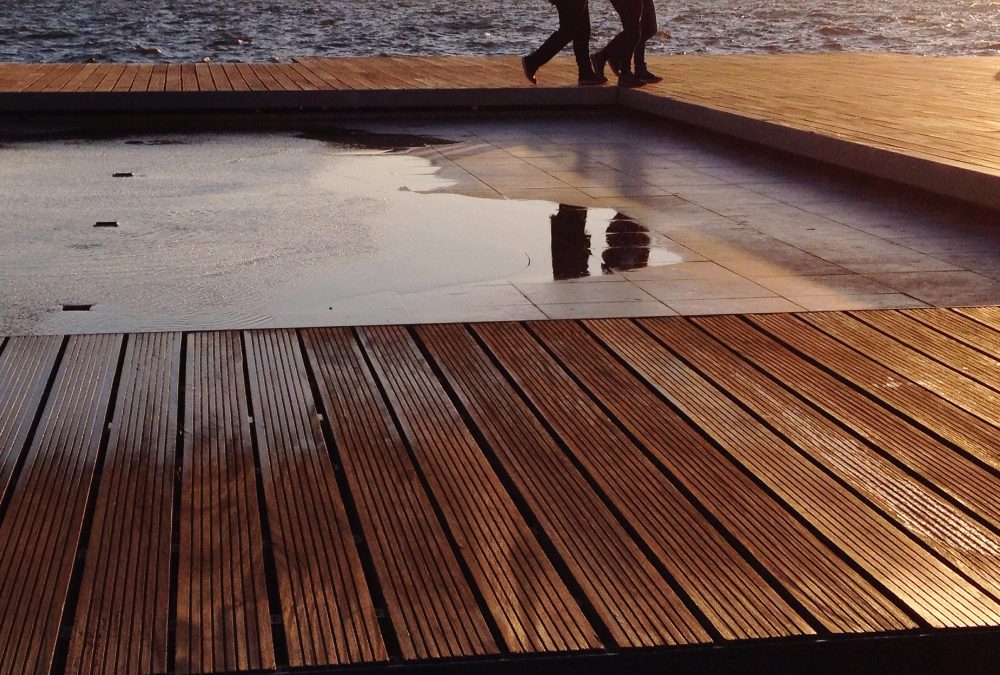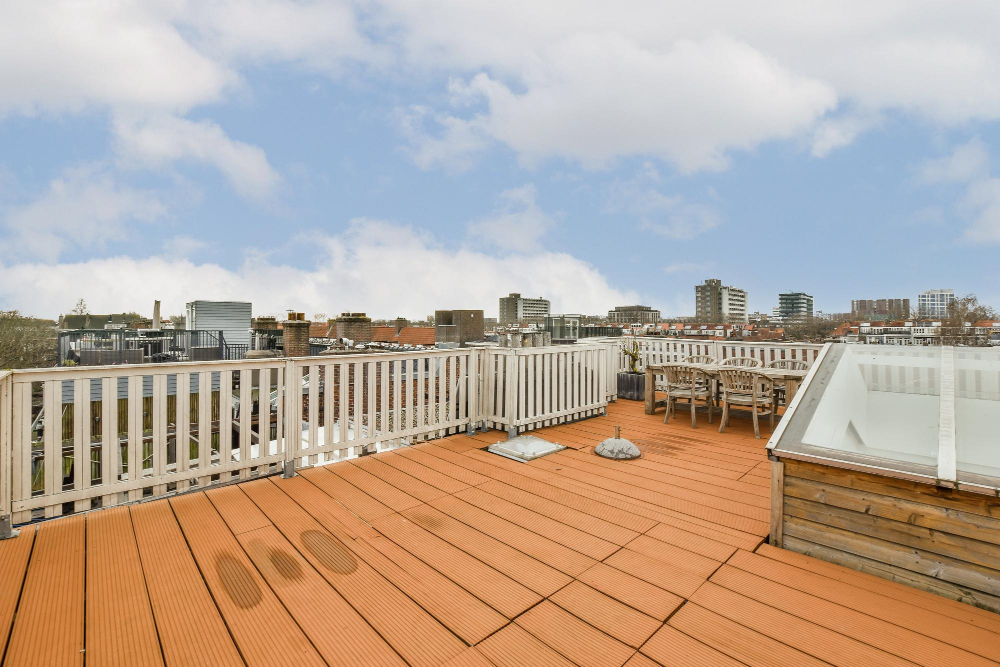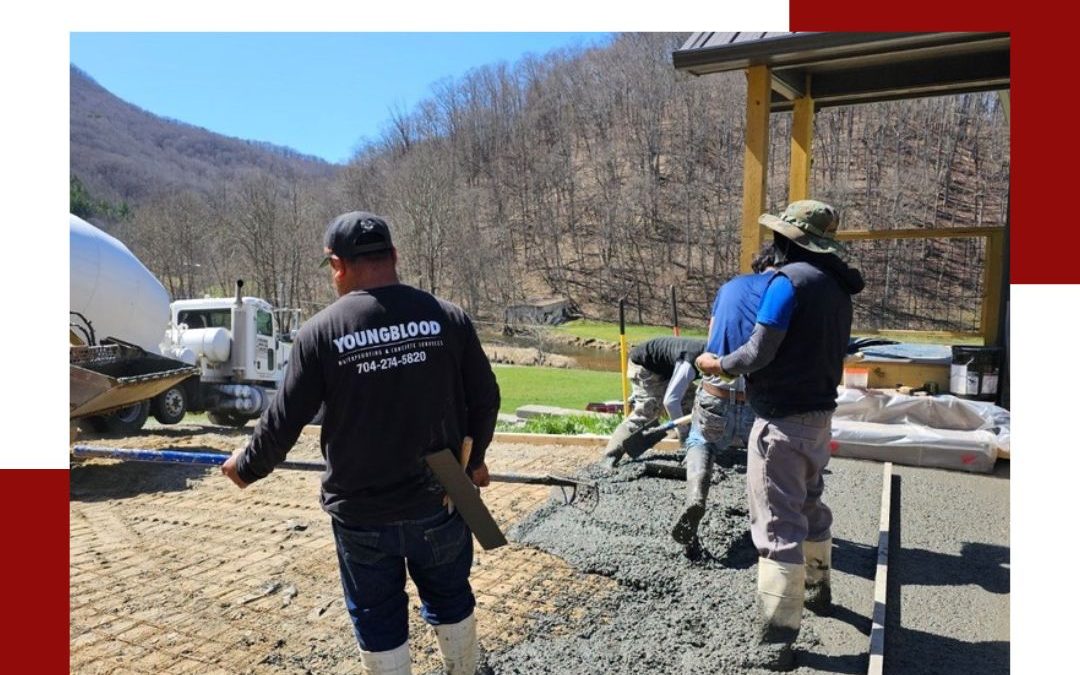Concrete is a widely used construction material due to its strength, durability, and affordability. However, one of its major weaknesses is its...


Concrete is a widely used construction material due to its strength, durability, and affordability. However, one of its major weaknesses is its...

Is your deck in need of waterproofing? If you're not sure, then it probably is. Decks are constantly exposed to the elements; they can quickly...

Have you ever wondered if waterproofing your deck is a task you can handle alone or if it's better left to the professionals? The answer depends on...

Did you know nearly 40% of deck failures are due to water damage and rot? Waterproofing your deck is crucial to ensuring its longevity and safety....

Choosing the right contractor for your concrete and waterproofing needs is about more than just finding someone to lay a slab or seal a wall. You...

Waterproofing the base of buildings is super important—it's not just something nice to have. Many people don't know that concrete, even though it's...